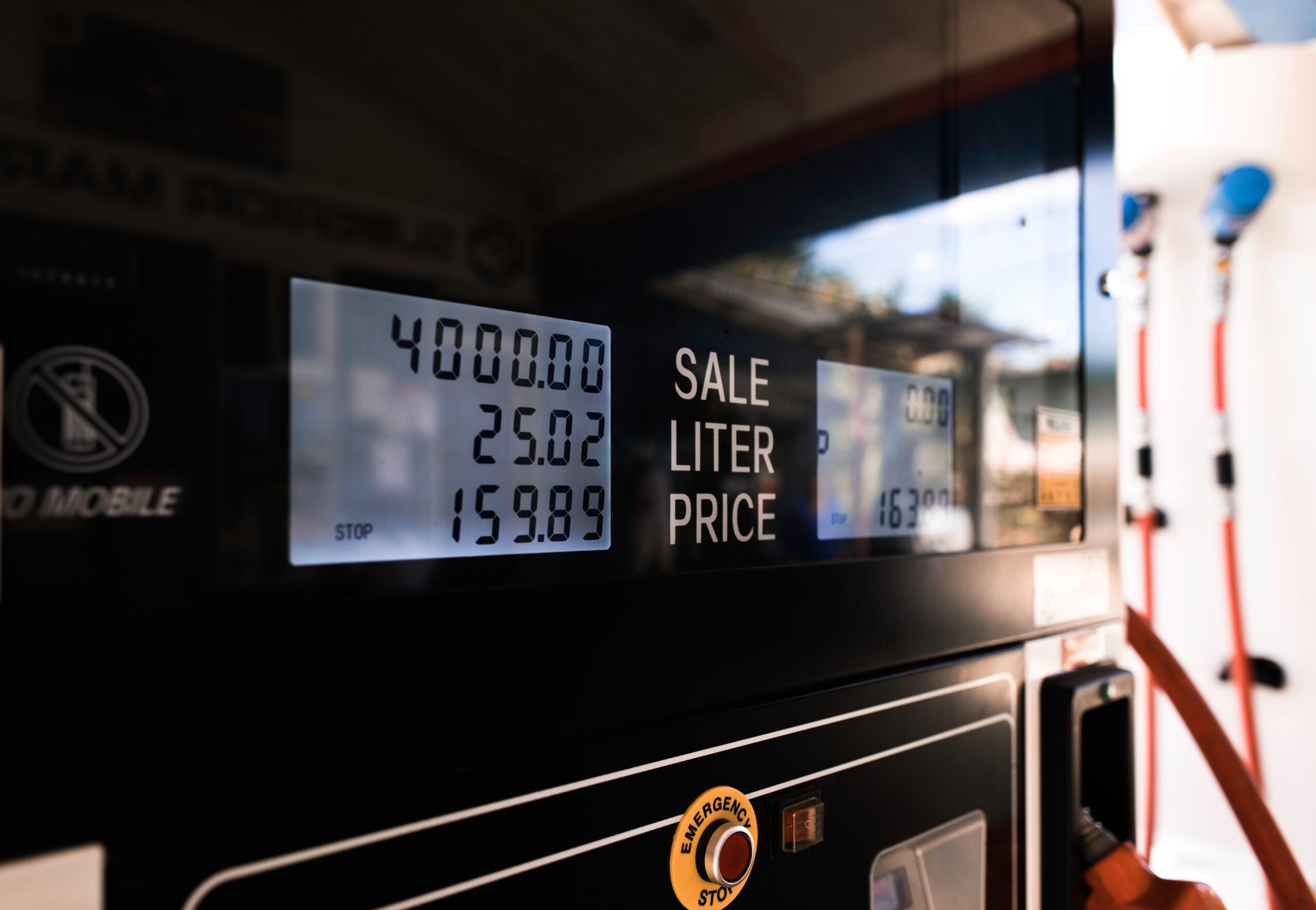
Soaring gas prices have become a pain point for almost everyone. Thankfully, the IRS has taken action to provide relief to those who are affected the most. If you’re self-employed or otherwise eligible to deduct your work mileage, this rate change could save you plenty of money on your taxes this year.
The Internal Revenue Service has increased the mileage deduction rate from 58.5 cents per mile to 62.5 cents per mile – a significant increase, and not at the usual time for an adjustment. Typically, the IRS only adjusts standard mileage rates annually. However, given the current high gas prices and the related spike in travel expenses, they deemed it necessary to make the change as soon as possible.
Who can deduct mileage?
Based on current laws, only those who are self-employed or work in specific fields that mandate frequent travel, such as performers, volunteers, medical providers, and rideshare drivers (Uber, Lyft, etc.) can deduct mileage costs on their taxes. You can also deduct mileage for charitable activities, but the rate is much lower and most people don’t even itemize this mileage.
What expenses qualify for a deduction?
Generally, if you’re traveling for the primary purpose of conducting your job duties, the mileage incurred should qualify for a deduction. This includes any trips that are exclusively for business purposes. As an example, traveling to meetings with clients, a convention related to your work, or for a pertinent training program would qualify. If your main point of business is your home, then you may include travel to and from your home as long as those trips are exclusively for business purposes. If your main business location is elsewhere, you cannot deduct trips from work to home and vice versa. Business purposes do not include travel just to increase your income or pursue hobbies and other interests, such as vacationing or going to sporting events. The travel expenses are deductible in the year you incur them.
How do I deduct my mileage?
Self-employed individuals can report their mileage on the Schedule C form. Employees who qualify for the deduction can file their deduction using Form 2106. In either case, keeping a good record of your mileage is essential to protect yourself in the event of an IRS audit. If you are a business owner, the best way to deduct this expense would be through an accountable plan. Plenty of smartphone apps are available that can make the tracking process easy, such as MileIQ.
We hope that this announcement makes a big difference to those who travel for their work. For more information on how you can implement deductions to save on your taxes, or any other tax law issues, contact us today.



